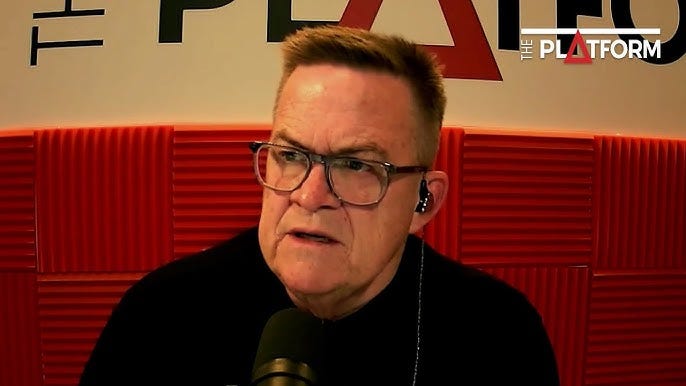The BSA has gone rogue
Online commentators could be next
I’ll say it up front. I am no fan of Sean Plunket. You probably already know that. The Broadcasting Standards Authority’s sudden move to claim power over his online platform is dangerous, undemocratic, and reeks of bureaucratic overreach.
The BSA was created in 1989 to regulate television and radio. The internet barely existed. This week, out of nowhere,…




